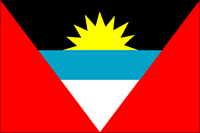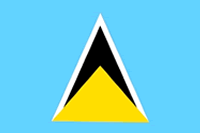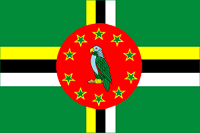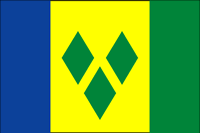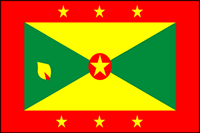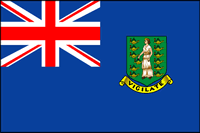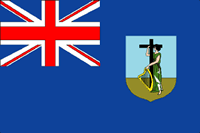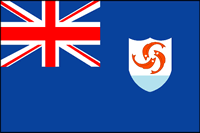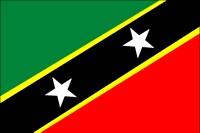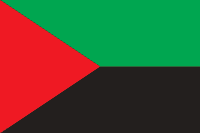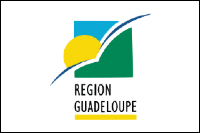Education in the Eastern Caribbean
Education in the Eastern Caribbean

Research shows a close correlation between educational attainment and the economic performance of a country. Indeed, the experiences in the last decades of fast-growing developing countries have provided concrete evidence that sustained growth and social stability have been achieved primarily through a properly educated and skilled workforce. Notably, every country including developed economies, has placed a priority on achieving internationally recognised educational benchmarks focusing on mastery of core competencies in literacy, numeracy, science and technology. The work of the Education Management Unit has involved a considerable amount of valuable knowledge-sharing and direct technical assistance exchanges among Ministries of Education.
Research shows a close correlation between educational attainment and the economic performance of a country. Indeed, the experiences in the last decades of fast-growing developing countries have provided concrete evidence that sustained growth and social stability have been achieved primarily through a properly educated and skilled workforce. Notably, every country including developed economies, has placed a priority on achieving internationally recognised educational benchmarks focusing on mastery of core competencies in literacy, numeracy, science and technology. The work of the Education Management Unit has involved a considerable amount of valuable knowledge-sharing and direct technical assistance exchanges among Ministries of Education.
Objectives

The main purpose of the OECS Education Sector Strategy (OESS) 2012–2021 is to guide the educational directions and priorities of Member States of the OECS. The OESS is not an action plan but it provides the framework for the development of an OECS Action Plan for education and will be used by the Member States to align their national Strategies and Plans.
It is strategic, results-oriented and concentrates on learner outcomes. Further, the OESS is designed to ensure an approach to the development of and investment in education that will assure measurable, sustainable outcomes for learners and education systems across the region.
- Improving participation, especially among disadvantaged groups, in early childhood education.
- Extending opportunities for post-secondary and tertiary education to a broader cross-section of the population.
- Establishing standards of practice and performance in teaching and learning which are aligned with international best practices.
- Adapting to a curriculum content that better reflects the knowledge and skills required for a dynamic and technologically driven global work environment.
- Instituting cost-effective solutions to the delivery of the education service.
- Initiating teacher recruitment, retention and professional development policies.
- Creating opportunities for the greater involvement of the private sector in the delivery of quality education.
- Strengthening the policy and regulatory framework.
Projects

Multiple projects are currently being implemented in the area of health in the Eastern Caribbean by the OECS Commission through its Health Unit along with Ministries of Health in the OECS Member States and international agencies.
Among the projects which were recently developed by the OECS Commission are:
Current
Past
Current
1 - OECS Skills and Innovation Project (SKIP)

The OECS Skills and Innovation Project (SKIP) is a five-year initiative (2021–2026) aimed at improving the quality and relevance of Technical and Vocational Education and Training (TVET) in the OECS region. Funded by the World Bank with a budget of US$36 million, SKIP focuses on enhancing youth employability by strengthening technical and transversal skills, fostering regional collaboration in education, and promoting innovation. The project targets 40,000 youths across the OECS, with 10,000 from Grenada and Saint Lucia benefiting directly from regional interventions. Additionally, SKIP supports industry collaboration by engaging 120 firms and entrepreneurs in innovation projects and increasing post-secondary education exchanges within the region.
2 - OECS PEARL - Program for Educational Advancement and Relevant Learning Experience

The OECS PEARL is a four-year program that seeks to advance progress towards the goals of the OECS Education Sector Strategy (OESS) through increased access and improved student learning in basic education. With its vision “A quality education for every child”, the Global Partnership for Education (GPE) will help optimise education systems so that all children can learn, including those marginalised by poverty, ethnicity, disability and displacement, and puts gender equality at the heart of what the partnership does and how it operates (GPE 2025).
3 - OECS Giga

OECS Giga is a global initiative "to connect every school to the internet by 2030" This project was designed by the United Nations Children's Fund (UNICEF) and International Telecommunication Union in 2019. Giga has grown since it launched as it was showcased in the United Nation Secretary Genera Common Agenda which looks at the next 25 Years of the United nation's vision of the future of global cooperation. Giga was also part of United Nations roadmap for Digital Cooperation signifying how important it is for every child to be connected to the world wide web
Past
1 - OECS Digital Education Capacity Strengthening Initiative (DECI)

OECS Digital Education Capacity Strengthening (OECS DECI) Initiative is a project supported by UNICEF and USAID to improve the delivery of Education from kindergarten to Grade 3 in the OECS. The project aims to deliver 1500 curriculum-aligned high-quality lessons/units in the core areas of English Language, Mathematics, Social Sciences and Natural Sciences, and to train both teachers and school leaders in strengthening their abilities to leverage technology in Education. DECI came into existence after an agreement was signed between UNICEF and USAID in April 2022.
2 - The Early Learners Programme

The Commission has partnered with USAID towards support for the OECS Early Learners Programme (ELP). The ELP entails improving reading among early learners. The project scope is to contribute to the overall improvement in student learning at the end of the primary education cycle. The objective of the ELP is to improve the reading achievement levels of all learners at the early primary level (Grade K to Grade 3) in the six (6) independent Member States of the OECS. Achievement of the desired objectives is based on the premise students can achieve substantially higher in the early primary grades if their reading attainment level is improved. Implementation of the ELP is from March 2015 to March 2019.
3 - OECS Education Sector Response To COVID-19

Coronavirus is an enemy to the OECS Education System, causing the closing of schools and the social distancing between students and teachers. In these times of crisis, OECS has created a strategic response with several initiatives to mitigate the impacts of Coronavirus.
Resources
Access more resources on Education in the Eastern Caribbean, and explore a wealth of education resources available through the OECS Library. Click the links below for more information:
Partners
The OECS has been partnering for multiple years with international agencies that support projects developed in the area of Education in the Eastern Caribbean.
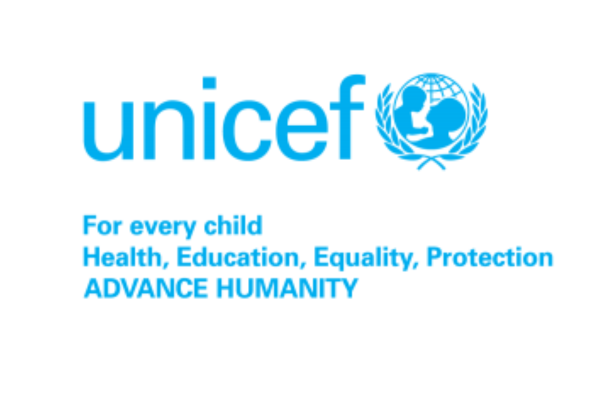
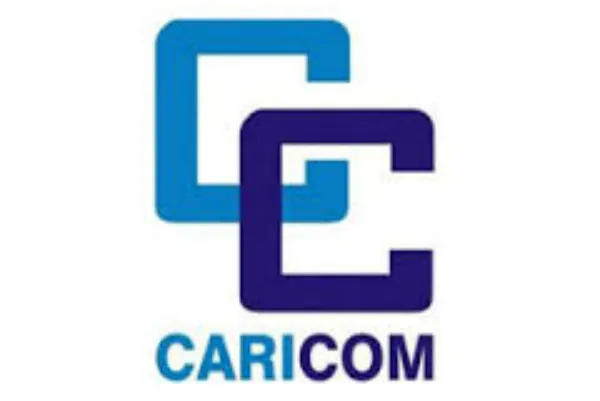
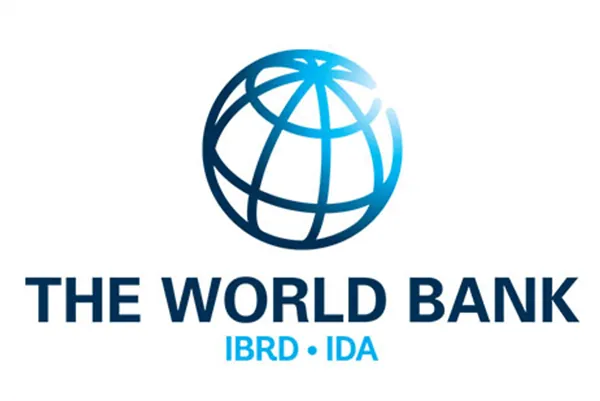
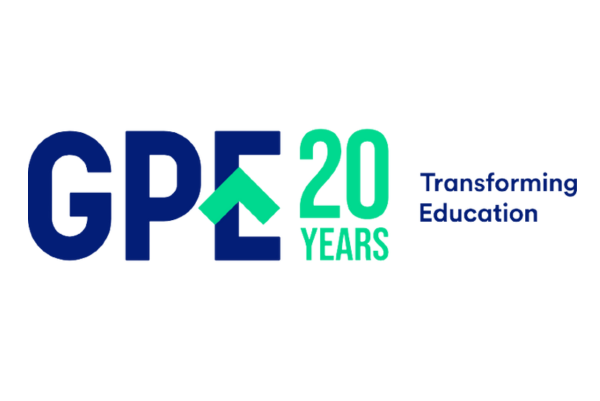
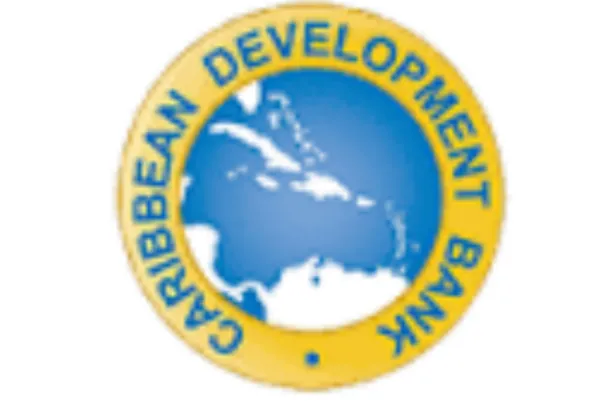

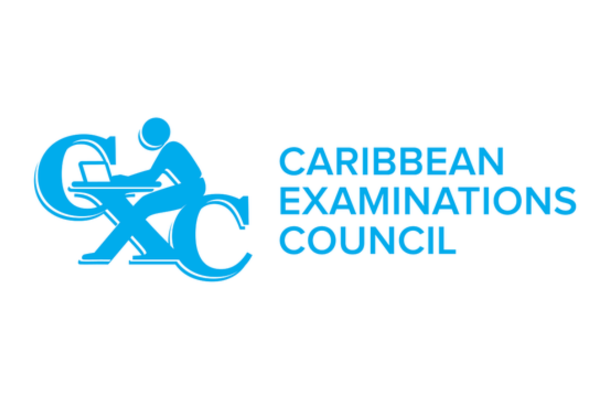
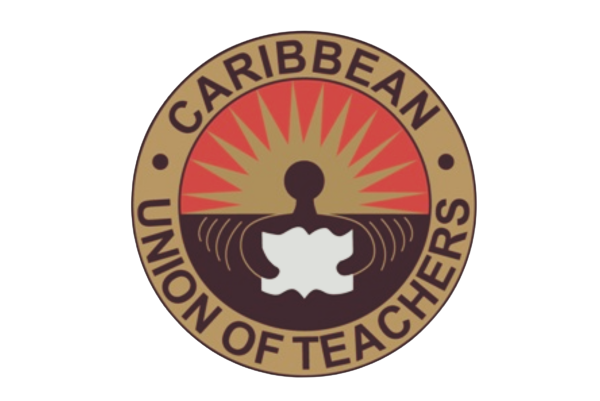
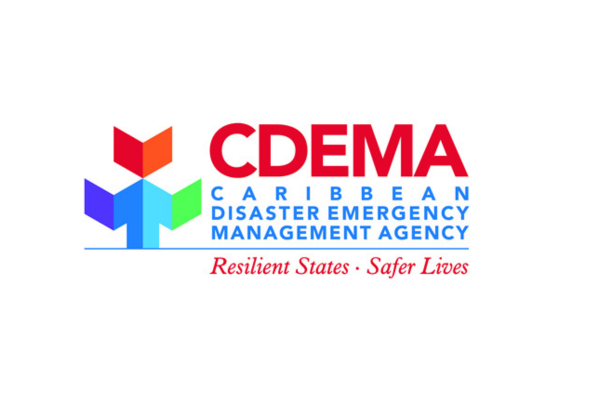
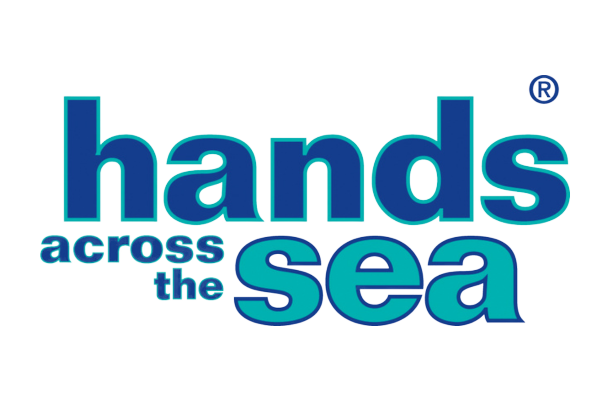
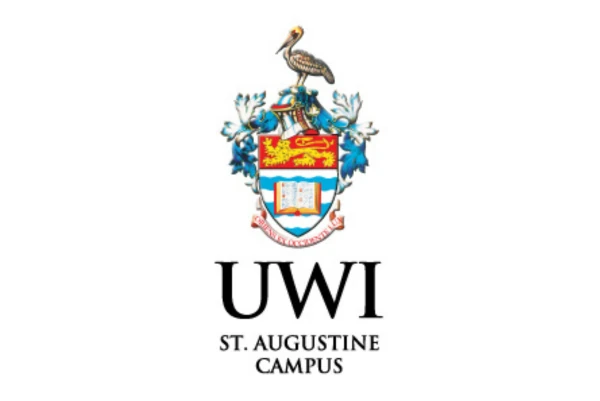
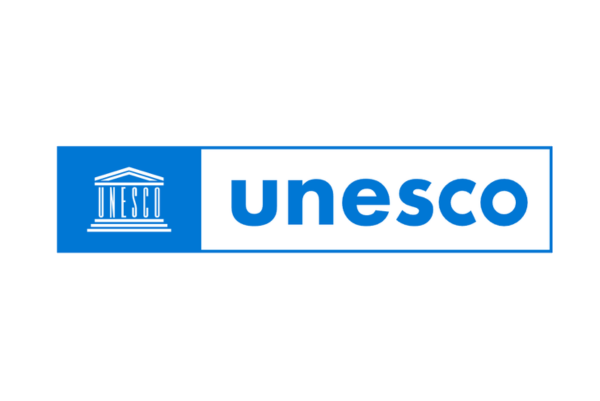
Contacts

Programme Director- Education (Pending)

Rafer Gordon
Project Manager
Tel: +1 (758) 716-8633

Tyler Darcheville
Programme Assistant
Tel: +1 (758) 285-2697

Germain Anthony
Senior Technical Specialist
Tel: +1 (758) 285-0716
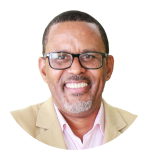
Royston Emmanuel
Senior Technical Specialist

Lisa Sargusingh-Terrance
Senior Technical Specialist - Education
Tel: 1(758) 285-3787

Ralmore Richardson
Programme Assistant

Ashley-Loren Johnson-Cherubin
Senior Administrative Assistant
Tel: 1(758) 285-2817
Learn more about Education in the Eastern Caribbean
The OECS is working in close collaboration with all the Ministries of its Member States on all matters related to Public Health in the Eastern Caribbean. The Council of Ministers of Education is hosted once a year. This meeting aims to harmonize the strategy in Public Education in the OECS Member states.
